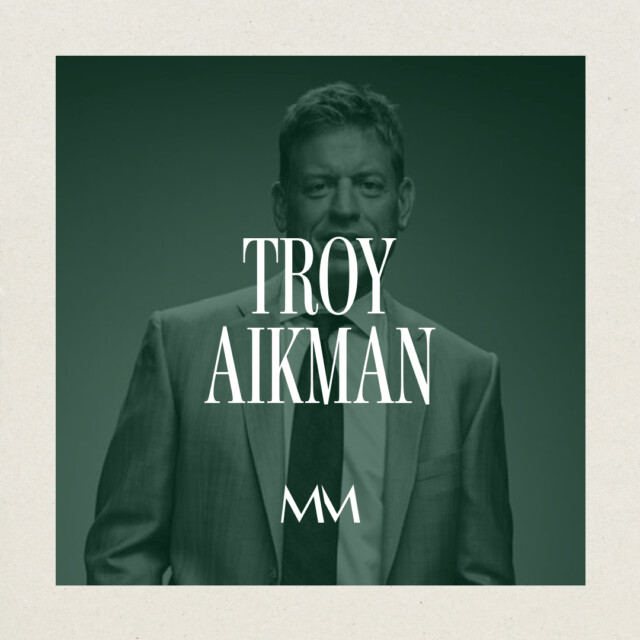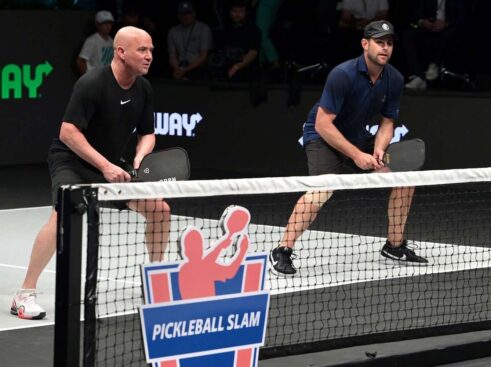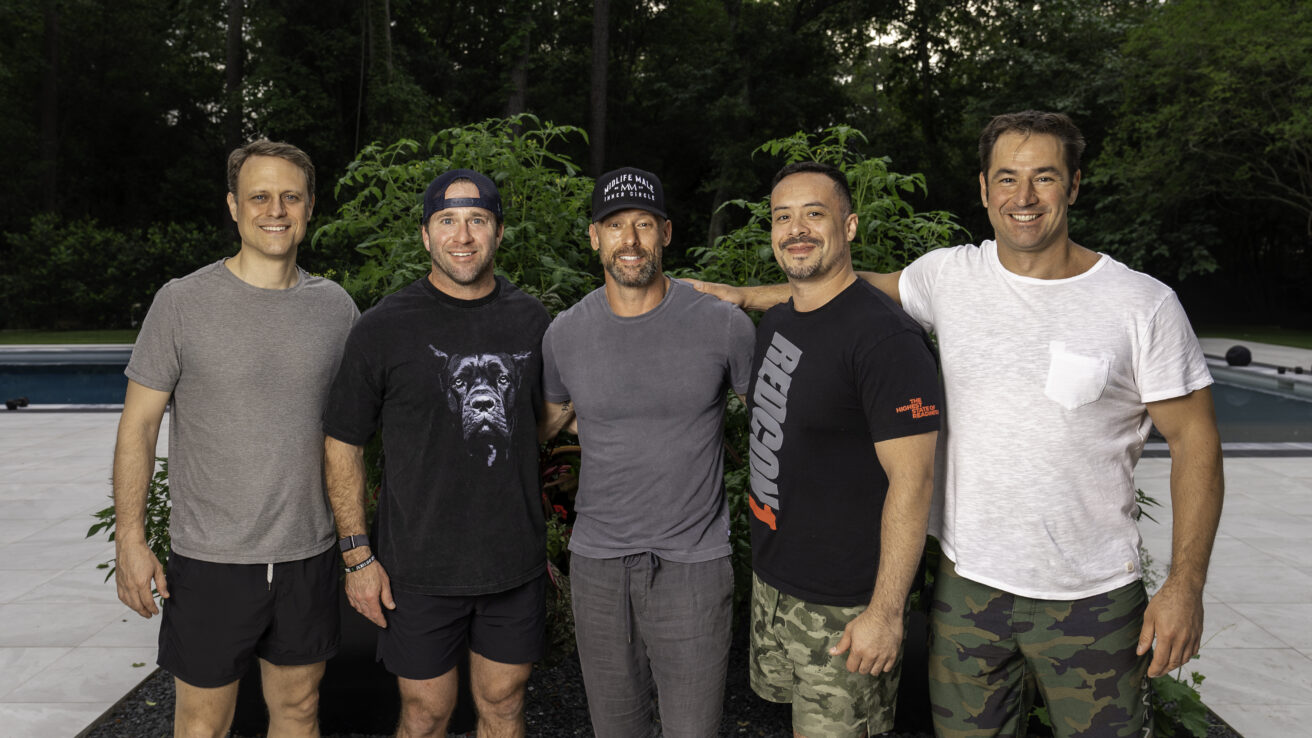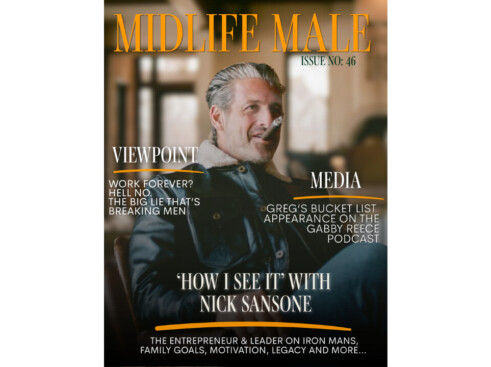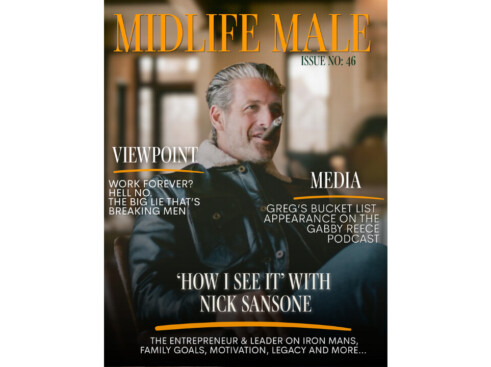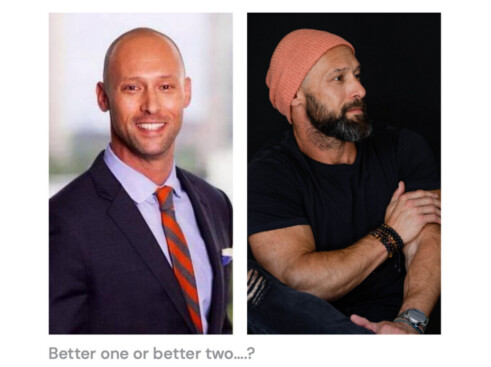The Judge: He makes a ruling on the midlife male’s tough questions
What’s the ruling: Strengthen weaknesses or increase strengths? Which is better?
When I started as a judge, I often ran across an attorney who was a bit of a legend in court for his cross-examination. A verbal sniper. He’d ask question after question that seemed to have no purpose, but what he was doing was hiding on the rooftop, tracking his target, and patiently waiting for his witness to make a misstep. That’s when he’d fire the kill-shot question that would end the cross.
Thing of beauty really. Until we got to closing arguments. This guy, I’m telling you, rambled like the neighborhood drunk. The jury couldn’t follow him, opposing counsel would eye-roll through it all, and, hell, I couldn’t tell if he remembered he was even in a courtroom.
What do you think happened? The guy lost more times than he won, which, from where I was sitting, was a damn shame, because he picked apart those witnesses with such legal tenacity that you could see the “oh hell” in the eyes of the witnesses every time he checkmated their bullshit.
So what’s the lesson? The dude was elite at cross. So what if he keeps sharpening that sword? He gets a little better and a little better than that and a little better than that? He doesn’t make any exponential gains because he’s already got it covered. But if the knucklehead figured how to make his persuasive skills half as bad-ass as his interrogation skills, well, now he’s moving the needle.
Too often, I see hard-headed guys hide behind the “I’m just not good at this” or “sorry, it’s not my thing” line of crap. Fine, cool, I get it. You’d rather thump your chest and let everyone know your sweet spot is X and to hell with Y.
But in my eyes, you’re missing an opportunity if you don’t look at your blind spots and see where you can get better, be better, and live better. I got a buddy who works out two hours a day, trains like a mad man, and is strong as an ox. Oh, his cholesterol? It sucks. And he says he sleeps like whatever the fuck the opposite of a log is.
Go figure. He eats chicken parm four nights a week and knocks off a dozen bottles of wine every week. And that’s before Friday.
Could he keep working to lift more weight? He’s good at it! Sure. But don’t you think his life would improve if he figured out how to zap a few slabs of mozzarella from his diet?
And here’s where the whole case rests: My friend doesn’t see his disaster of his diet because he’s a) so proud that he can curl a small vehicle and b) he’s created a blind spot about his diet because he’s doesn’t think the bad stuff hurts him as much as the good stuff helps him. Here I’d turn back to the tricks of my cross-examining aficionado. One time, I saw him get a slimy suspect to admit he had [slow air quotes] a parent teacher conference [end air quotes] with his kid’s teacher about six minutes after he swore he had only met her briefly (long story, crazy burglary ring with some parents).
He got him to trip up just because he asked the right questions. So maybe we all should do the same–put ourselves through a good old-fashioned cross-examination and swear to tell the whole truth. What are you really good at? What part of your life could be better? What could you do to help get yourself there? What is holding you back? And what the heck is so wrong with admitting that you’re, uh, human?
Now, let me be clear here. This isn’t about being perfect, and certainly you don’t have to listen to every yahoo who wants to tell you how they think you’re inadequate. To hell with them.
But it is about figuring out where you’re messing up—and missing out.
If you’re feeling like your work, your family, or your relationships could be better, then, yeah, don’t use your strengths as a shield to hide your weaknesses.
You leverage your strengths—by looking at why they’re your strengths. My friend certainly has discipline to train, so he can harness that underlying value to address his food. That lawyer? He could realize that his attention to detail could be funneled into cohesive storytelling in closing arguments.
That’s the way you use your strengths to make a whole lot more of them.
